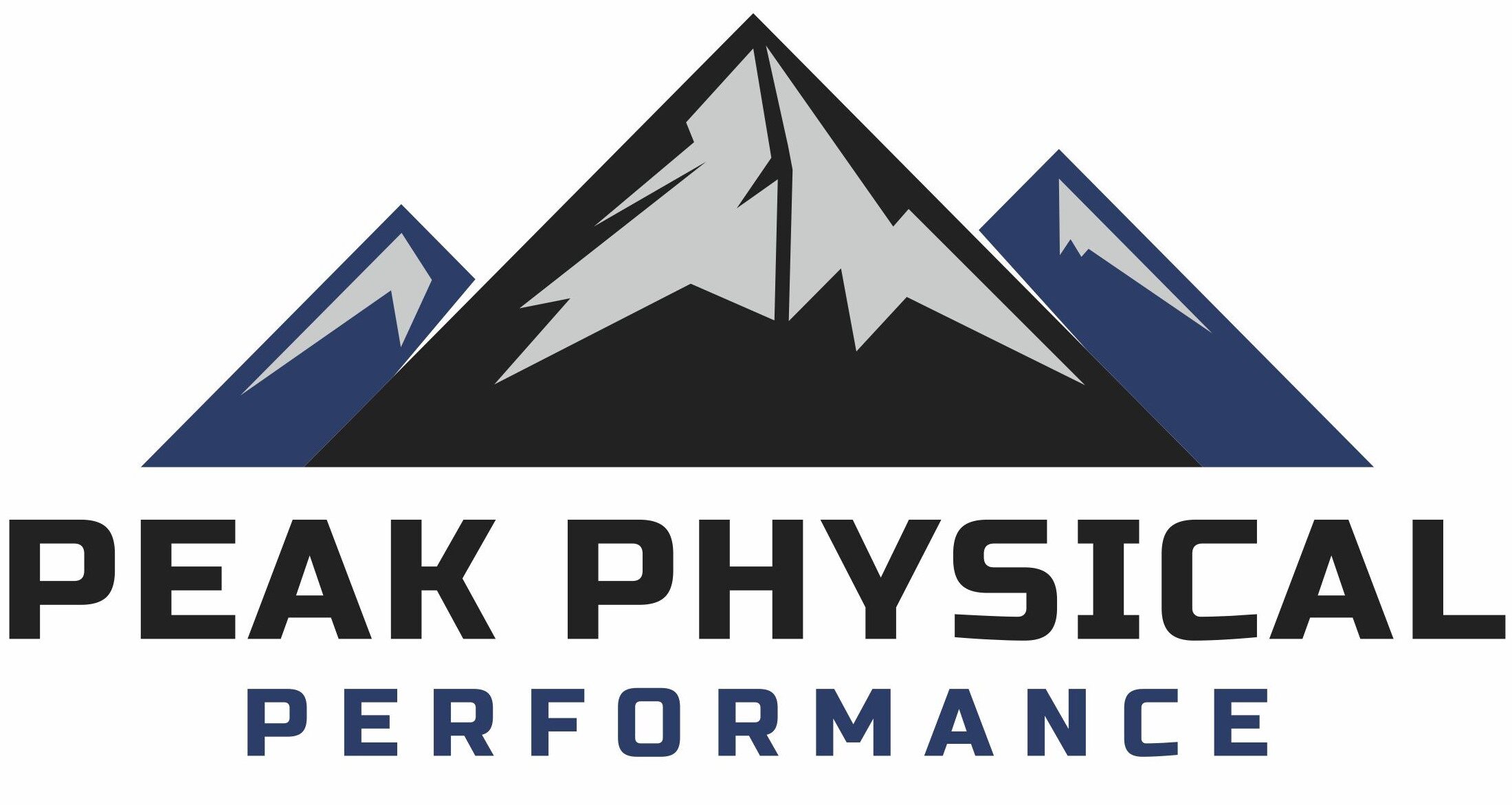Chronic pain, a complex and pervasive health issue, affects millions of individuals worldwide, often significantly impacting their quality of life. In the realm of pain management, physical therapy has emerged as a crucial component in addressing and alleviating the debilitating effects of chronic pain. By adopting a multidimensional approach that integrates various therapeutic modalities, physical therapists play a pivotal role in helping patients manage pain, improve function, and enhance overall well-being.
The Multifaceted Approach to Pain Management:
- Exercise Therapy: Physical therapists employ tailored exercise regimens to improve muscle strength, flexibility, and overall physical function. These exercises not only help alleviate pain but also contribute to the restoration of mobility and the prevention of future injuries.
- Manual Therapy Techniques: Various manual therapy techniques, such as joint mobilization, soft tissue mobilization, and massage, are utilized to reduce pain, improve joint mobility, and alleviate muscle tension. These hands-on interventions aim to promote tissue healing and restore optimal function.
- Education and Behavioral Strategies: Physical therapists provide patients with education on pain management strategies, including techniques for coping with pain, ergonomic advice, and lifestyle modifications. By promoting behavioral changes and empowering patients to take an active role in their pain management, therapists facilitate long-term improvements in their quality of life.
- Modalities and Technologies: Physical therapy modalities, such as ultrasound, electrical stimulation, and heat/cold therapy, are used to reduce pain, inflammation, and muscle spasms, providing immediate relief and facilitating the effectiveness of other therapeutic interventions.
Empowering Patients and Enhancing Well-being: Beyond symptom management, physical therapists focus on empowering patients to actively participate in their own recovery journey. By fostering a collaborative and patient-centered approach, therapists help individuals develop self-management skills and cultivate a deeper understanding of their condition, enabling them to make informed decisions and effectively manage their pain in the long term.
Holistic Pain Management and Improved Quality of Life: The holistic nature of physical therapy in managing chronic pain addresses not only the physical aspects but also the emotional and psychological impact of pain. By providing comprehensive care that considers the interconnectedness of physical and emotional well-being, physical therapists contribute to enhancing patients’ overall quality of life, fostering resilience, and promoting a sense of well-being despite the challenges posed by chronic pain.
Physical therapy plays a critical role in the comprehensive management of chronic pain, offering a multifaceted approach that addresses the physical, emotional, and psychological aspects of pain. Through tailored interventions, patient education, and empowerment, physical therapists help individuals not only manage their pain effectively but also improve their overall quality of life, fostering resilience and promoting holistic well-being.
References:
- Bialosky, J. E., Beneciuk, J. M., Bishop, M. D., Coronado, R. A., Penza, C. W., & Simon, C. B. (2018). Unraveling the mechanisms of manual therapy: modeling an approach. Journal of Orthopaedic & Sports Physical Therapy, 48(1), 8-18.
- Chou, R., Deyo, R., Friedly, J., Skelly, A., Hashimoto, R., Weimer, M., … & Brodt, E. D. (2016). Noninvasive treatments for low back pain. Comparative Effectiveness Review No. 169. AHRQ Publication No. 16-EHC004-EF. Agency for Healthcare Research and Quality.
- O’Connor, S. R., Tully, M. A., Ryan, B., Bleakley, C. M., Baxter, G. D., Bradley, J. M., & McDonough, S. M. (2015). Walking exercise for chronic musculoskeletal pain: systematic review and meta-analysis. Archives of Physical Medicine and Rehabilitation, 96(4), 724-734.



Comments are closed